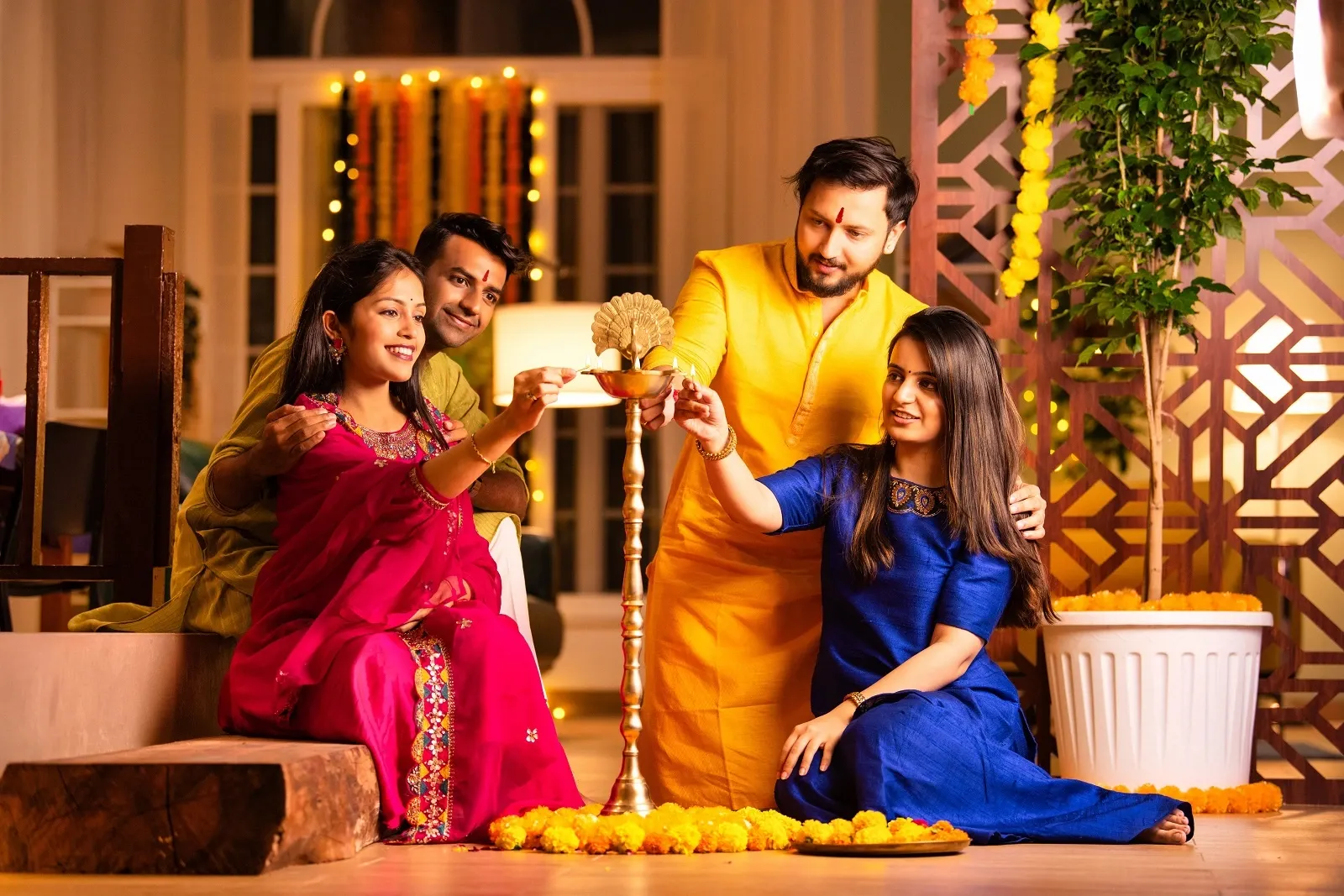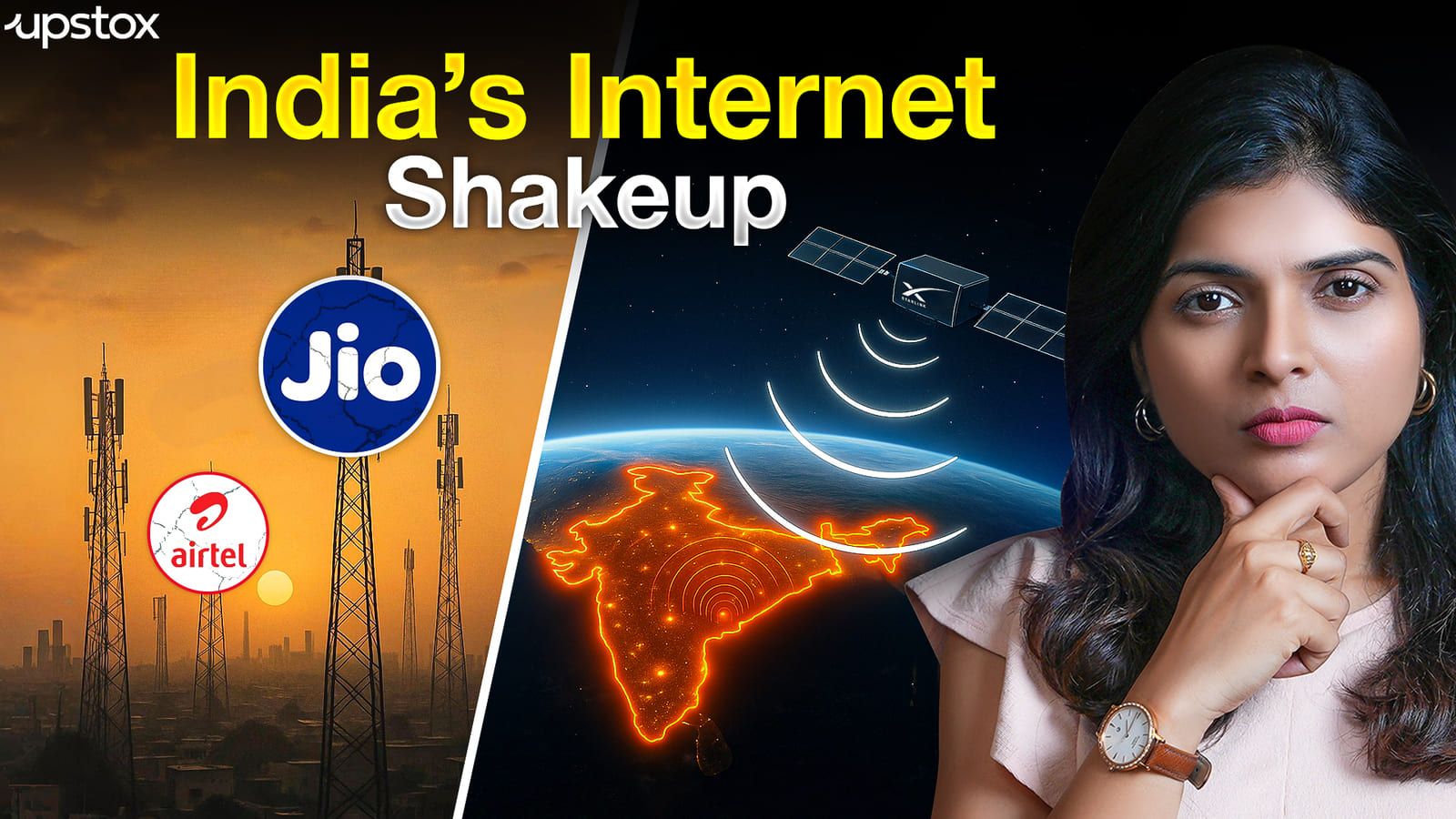Trending
Is Diwali on October 31 or November 1? Check Diwali Calendar 2024, Puja timings and other key details

4 min read | Updated on October 28, 2024, 13:16 IST
SUMMARY
Diwali 2024: The festival of Diwali is almost here and the country is already in a mood of celebration. Being the most widely celebrated festival in Hindu tradition, Diwali is of great significance to many people around the world and not just India. Check all the important details for Diwali 2024.

The Amavasya Tithi for Diwali this year begins early on October 31 and ends on November 1 morning
Diwali, or Deepawali, is the most popular Hindu festival celebrated globally. It symbolises the victory of ‘light over darkness’, ‘good over evil’, and ‘knowledge over ignorance’. This 5 or 6-day festival is celebrated during the Hindu lunisolar month of Ashwin (September-October) or Kartika (October-November).
This year, Diwali will be celebrated on October 31. The Amavasya Tithi, according to reports, begins at 3:52 PM on October 31 and ends at 6:16 PM on November 1, 2024—the period to celebrate the festival.
Diwali calendar 2024
This year, the Amavasya Tithi, which marks the new moon and is highly significant for Diwali, has created confusion about the actual Diwali date. The Amavasya Tithi for Diwali this year begins early on October 31 and ends on November 1 morning, making October 31 the date for Diwali 2024. Due to regional differences and lunar calendar variations, some regions might still celebrate Diwali on November 1. However, October 31 is the widely accepted date for Diwali this year.
- October 29: Dhanteras
- October 31: Choti Diwali (Narak Chaturdashi)
- October 31: Diwali and Lakshmi Puja
- November 2: Govardhan Puja
- November 3: Bhai Dooj
Diwali 2024 Puja Muhrat
While the shubh muhrat, auspicious time, for Lakshmi Puja is different in various reports, the most common one is the time period between 06:04 pm to 07:45 pm.
According to Drik Panchang, this is the shubh muhrat for Diwali 2024:
-
Lakshmi Puja Muhurat : 06:04 pm to 07:45 pm, October 31
-
Pradosh Kaal: 05:31 pm to 08:21 pm, October 31
-
Vrishabha Kaal: 06:04 pm to 07:45 pm, October 31
-
Amavasya Tithi: 11:22 am, October 31 to 01:46 pm, November 1
All about the Diwali festival
Diwali is celebrated to commemorate the day when Lord Rama, an avatar of Hindu God Vishnu, returned to Ayodhya with his wife Sita, an avatar of Hindu Goddess Lakshmi, and his brother Lakshmana after defeating Ravana. Generally celebrated over 5-6 days, Diwali starts with Dhanteras and ends with Bhai Dooj.
In certain regions, the Diwali festivities kick off earlier. For instance, in Maharashtra, the celebrations begin a day before with Govatsa Dwadashi, while in Gujarat, they start even earlier with Agyaras, leading up to Labh Panchami.
Each day of Diwali has its own special rituals, but the worship of Goddess Lakshmi takes centre stage, especially during Lakshmi Puja, which is held on the new moon day. The day of Goddess Lakshmi’s worship is the main event of Diwali and is honoured with great devotion in homes and businesses.
Preparations for Diwali start with deep cleaning and decorating homes with beautiful rangoli designs and oil lamps. Families create a small altar with idols of Goddess Lakshmi, Lord Ganesha, and other deities. They are offered sweets, fruits and flowers. People light oil lamps, pray and perform an aarti. The rituals are wrapped up with the sharing of prasad and lighting fireworks, symbolising the victory of light over darkness.
On the day of Lakshmi Puja or Lakshmi-Ganesh Puja, people bless their books, pens, ink pots and account books (Bahi Khate) to invite prosperity and welcome new beginnings. Diwali transforms into an event of spiritual renewal and cultural unity celebrated with love and devotion.
Related News
By signing up you agree to Upstox’s Terms & Conditions
About The Author
Next Story


